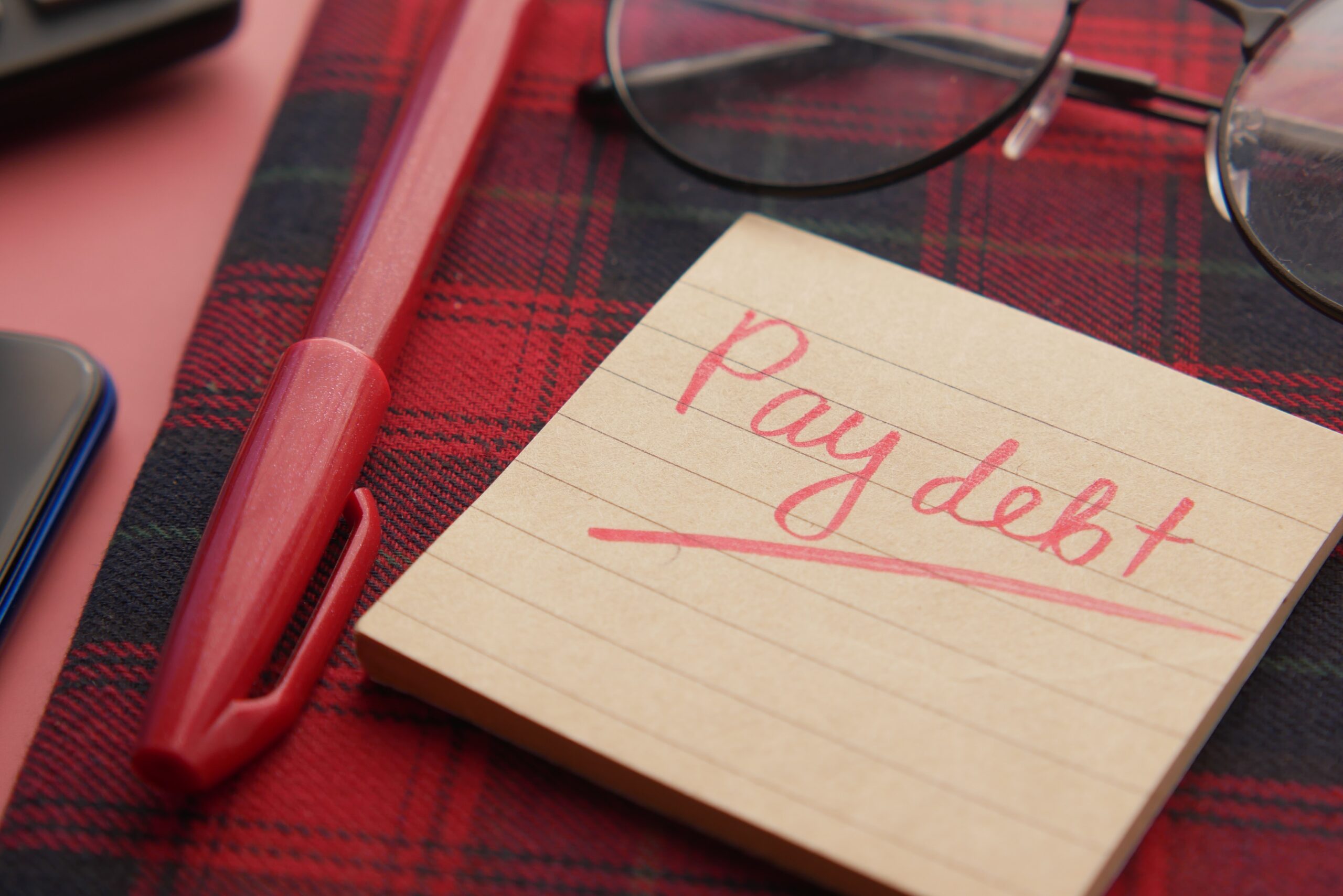
There are no debt problems that are not able to be solved. The solutions will not always be simple, and you might not get immediate results, but there is always a way. Prompt action will put you in a better position to repay your debts and ultimately make the process less stressful for you, so it is important to recognise if you begin to struggle to pay your debts.
A key way to find more money, therefore reducing financial pressure, is to cut your spending. Doing a budget is a great way to organise your personal finances for those with debts. It allows you to get a clear picture of the money you have coming in and where you are spending it, and this will give you a chance to gain more control of your finances.
You may already be living on a strict budget, but by taking a closer look you can identify areas where you could potentially make further cutbacks. There are several key areas where savings are possible.
Utilities
Compare energy tariffs online, and you may find that switching tariff or utility provider will save you a lot of money, over the course of a year. It is simple to set up and can even come with cashback for switching. Comparison sites do not work with all energy suppliers, so it is best to use a selection of them to cover as much of the market as possible.
You might also want to consider using switching services that are approved by Ofgem for peace of mind.
Telephone, Mobile, Internet and TV
Shop around for the best package for your internet, telephone, TV and mobile phone. You could save money by switching to a better deal. You might benefit from a package that includes everything together, or you might be better off paying for separate services from different providers.
The time you spend researching will be worth it for the money you save over the course of the year. It might be worth cancelling your TV package and watching Freeview TV with no monthly cost. Similarly, instead of upgrading your mobile phone you could have a pay monthly sim card with a much lower cost.
Grocery Shopping
Buy lower brands – To lower the cost of your weekly shop you should try switching to supermarket own brand products as alternatives for the branded products you would normally buy. Next time you go shopping switch everything you buy down one brand lower and notice how much cheaper your shopping bill is.
For example, if you would generally buy the leading brand, buy the buy the next cheapest brand. If you typically buy the cheaper brand, buy a supermarket-own brand. If you usually buy own brand, then go for the budget option. Do the same thing for toiletries and cleaning products. It is well worth trying lower-priced brands as they are often just as good. However, sometimes, it is worthwhile buying a more expensive product that you enjoy rather than one you don’t like or is full low quality. Such as a 100% fruit juice than a juice drink which is full of sugar.
Write a shopping list – it’s easy to walk into a supermarket and get distracted by all of the offers and packaging on display. Before you know it, your trolley can be half full with items you had no intention of buying. You can avoid this by writing a shopping list before you leave the house and sticking to it. Whenever you run out of items throughout the week, write it on your shopping list.
Never shop when hungry – Shopping when you’re hungry will most likely result in a trolley loaded with a lot more snacks and convenience foods. Your hunger will steer your trolley rather than your shopping list. It is best to shop when you have eaten your meal, and you will make more sensible choices.
Shopping online – With online shopping, you might be more likely to stick to your shopping list since there are no marketing displays to distract you. You can also see the cost adding up in your online basket, so it is perfect for those on a tight budget.
You can compare the cost of your shopping at the main online supermarkets with Mysupermarket.co.uk. The prices are usually the same in store, so even if you’re actually shopping in the store, it can show the cheapest supermarket for you.
Don’t Waste Food
It’s important to understand that a ‘best before’ is different to a ‘use by’ date. ‘Use-by’ dates mean the food should be disposed of after this date because it could be unsafe. ‘Best before’ dates mean the food is normally safe to eat after this date, so you don’t need to dispose of it and waste money replacing it.
Meal Plan
The most effective way to make your shopping list work is by writing a meal plan for the week or the month. This allows you to plan what you are going to eat each day, using the ingredients you already have. When money is tight, there are lots of budget-friendly recipes available for free online.
Making a packed lunch for work is cheaper than buying lunch every day. Small savings every day like this can add up to a considerate sum by the end of the month.
Insurance
Do an online comparison to see if all of your insurance policies are as cheap as possible. If they are not, you may need to wait until your renewal date to switch provider, depending on the terms and conditions of your policy.
Make a note of all your renewal dates so that you know when to start looking at prices.
Consolidate debts and loans

You may find you can get a better rate on your loans and credit committments by changing lenders or consolidating your debts. Take advantage of switching credit card providers and 0% balance transfer offers on those cards where you may be paying more interest than neccessary.
Non-Essential Spending
You can make further financial savings if you stop spending money on things you don’t need. For example, instead of buying coffee every morning you could take a flask. The savings will soon add up.
If you have a gym membership but if you don’t mind jogging outside as an alternative, cancel your membership. When it comes to clothing and footwear why not challenge yourself to no spending for a set amount of time, or set yourself a spending limit.
If you have any other subscriptions that you can live without, for example, Netflix or Spotify, then it’s worth considering cancelling them until you get out of debt. After all, getting out of debt is all about prioritising your finances.
The combined savings of cutting back your spending in several areas can add up to a significant amount of money towards repaying your debts. The longer you maintain your reduced spending habits, the more significant the impact you will have on your debt so make sure you are dedicated to your budget and keep on top of it.



